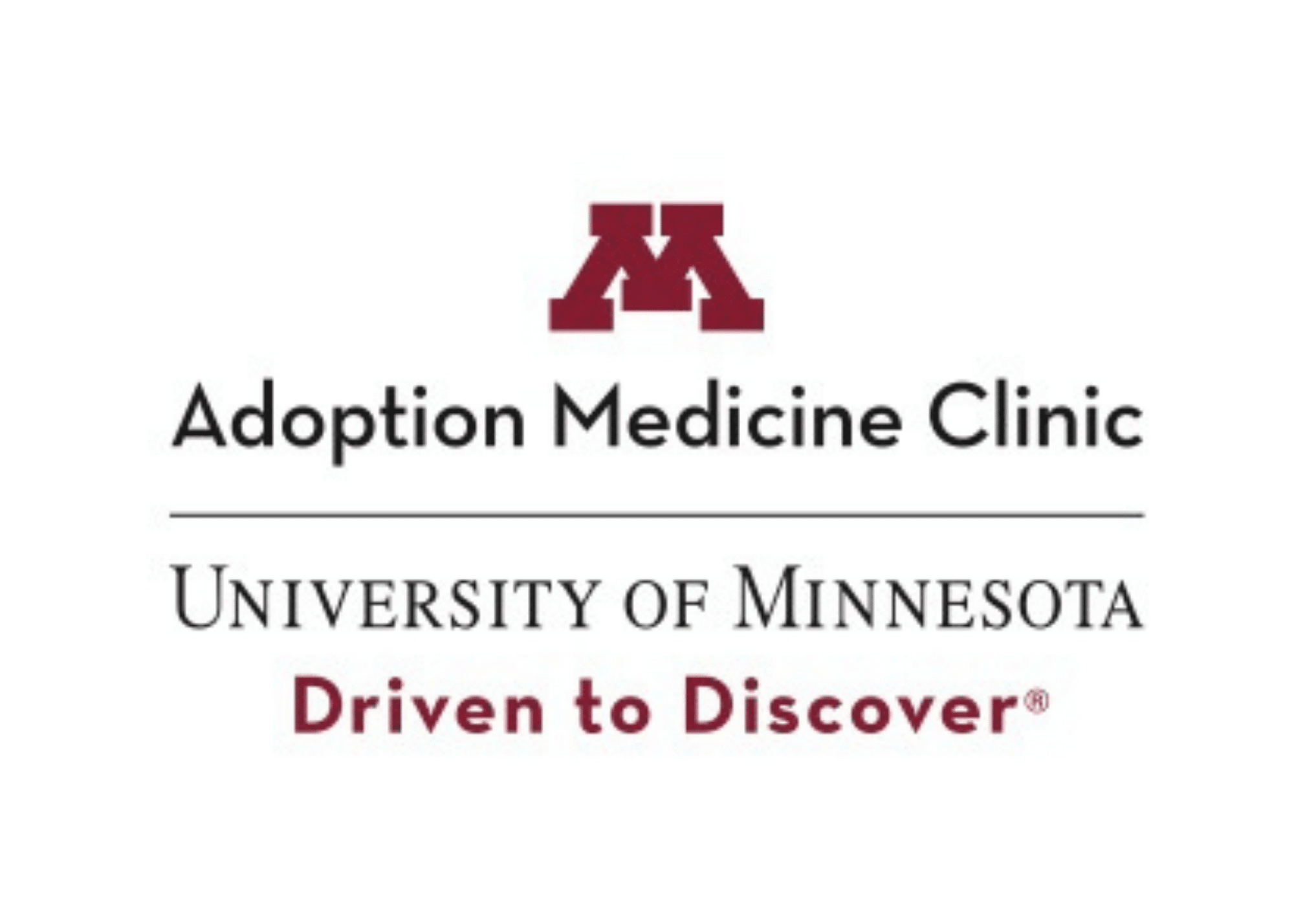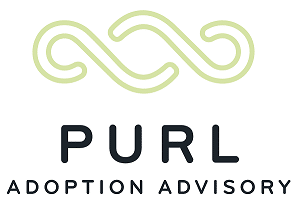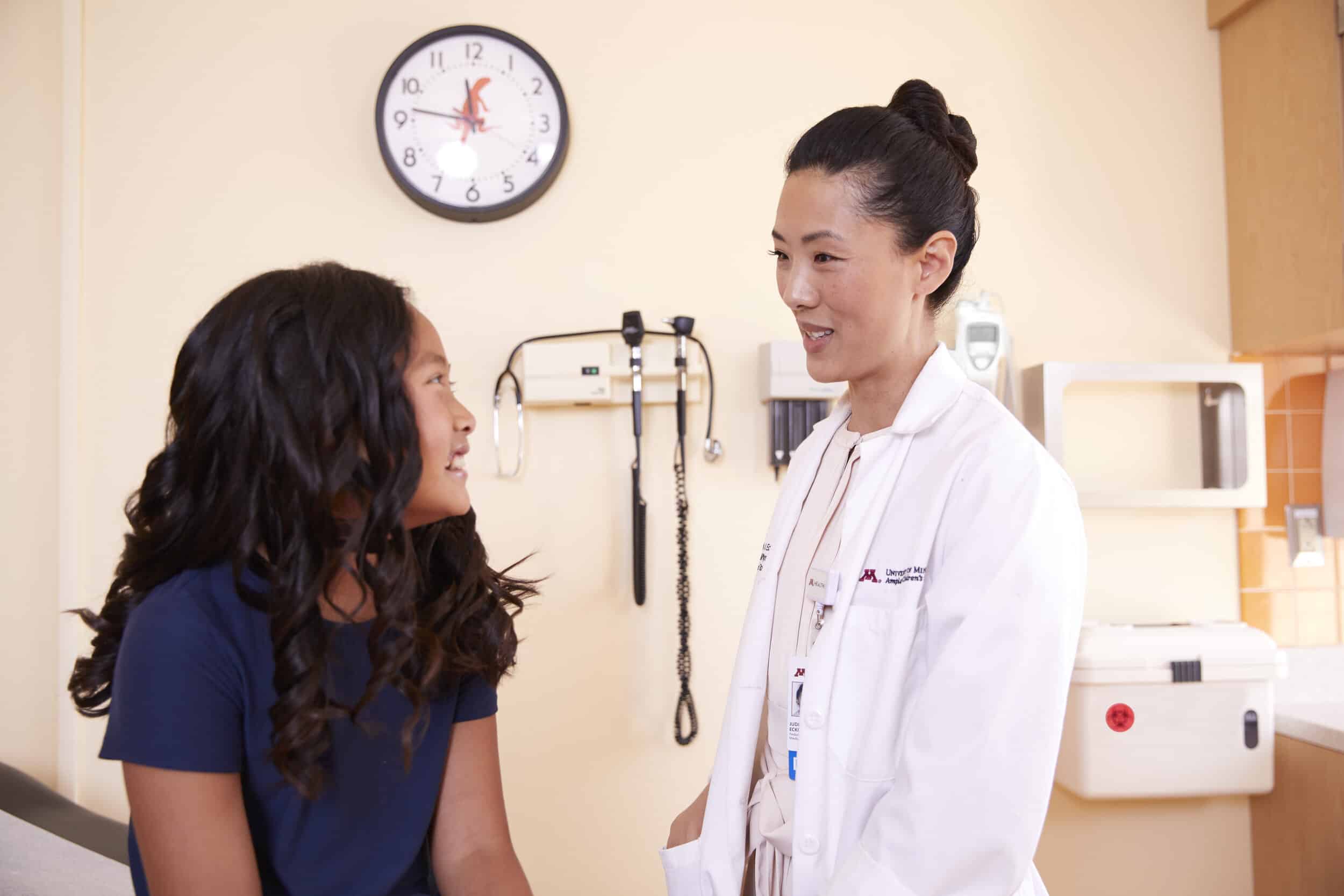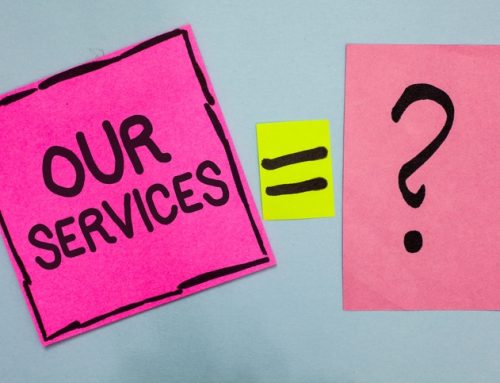
Today, we are featuring a piece written by Judith K. Eckerle, M.D. FAAP, Director of the Adoption Medicine Clinic (“AMC”) at the University of Minnesota. AMC is an outpatient clinic serving families with children adopted domestically, internationally, and from foster care. AMC provides pre-adoption consultations, medical reviews, travel counseling, and comprehensive post-adoption care. Their services can help prospective adoptive families consider their preferences and openness in their adoption journey.
—
You’ve been through the classes. You’ve filled out reams of paperwork. And now your adoption agency just provided you with a long list of medical conditions to consider for your future adoptive child. While you want to think you are open to any child, you’re not sure what the future might look like for a child with a heart condition, history of mental illness in the biological family, or prenatal substance exposure. And even with your exhaustive research via “Dr. Google,” you’re likely still unsure what some of the diagnoses mean, such as hypoxic ischemic encephalopathy (HIE). And if you have other children, what potential impact could this future child’s medical health have on them? Just looking at the form from your agency social worker, you may be feeling overwhelmed and not sure how to proceed. Good news is that this is not uncommon. And even better news – there are resources available that can help!

Today, we are featuring a piece written by Judith K. Eckerle, M.D. FAAP, Director of the Adoption Medicine Clinic (“AMC”) at the University of Minnesota. AMC is an outpatient clinic serving families with children adopted domestically, internationally, and from foster care. AMC provides pre-adoption consultations, medical reviews, travel counseling, and comprehensive post-adoption care. Their services can help prospective adoptive families consider their preferences and openness in their adoption journey.
—
You’ve been through the classes. You’ve filled out reams of paperwork. And now your adoption agency just provided you with a long list of medical conditions to consider for your future adoptive child. While you want to think you are open to any child, you’re not sure what the future might look like for a child with a heart condition, history of mental illness in the biological family, or prenatal substance exposure. And even with your exhaustive research via “Dr. Google,” you’re likely still unsure what some of the diagnoses mean, such as hypoxic ischemic encephalopathy (HIE). And if you have other children, what potential impact could this future child’s medical health have on them? Just looking at the form from your agency social worker, you may be feeling overwhelmed and not sure how to proceed. Good news is that this is not uncommon. And even better news – there are resources available that can help!




